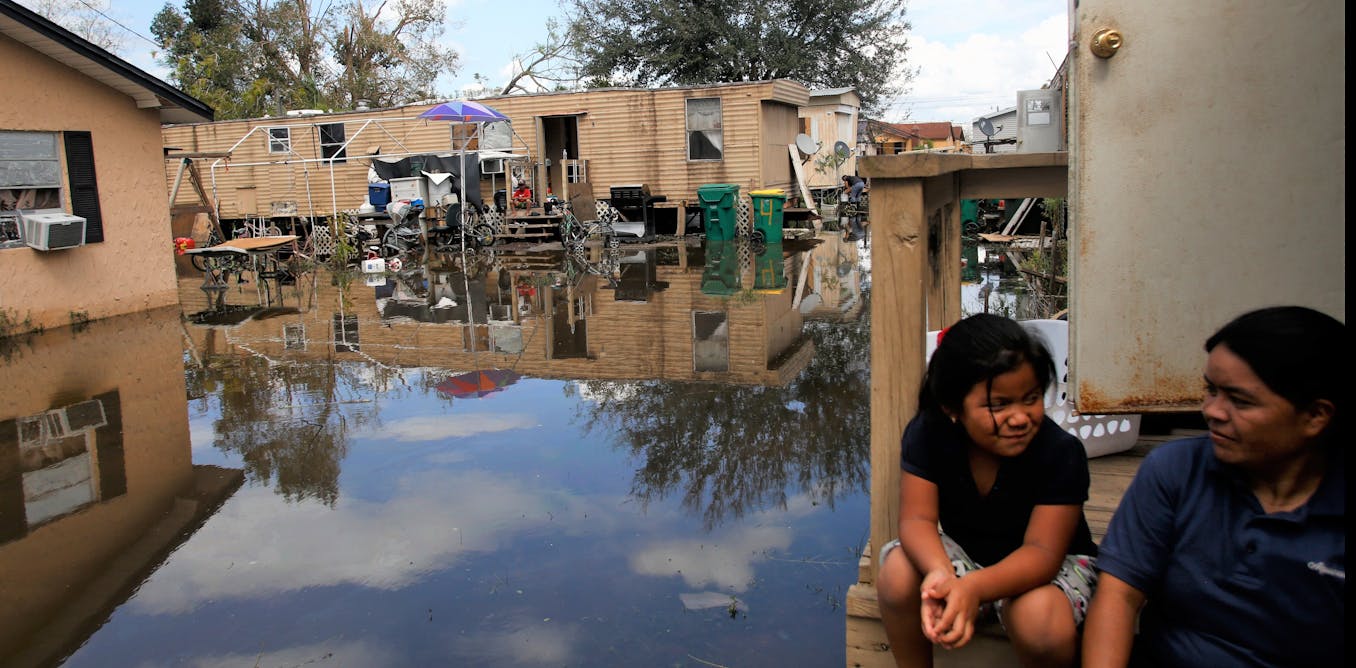Global health research suffers from a power imbalance − decolonizing mentorship can help level the playing field
Though the Global South tends to experience higher disease burdens, most public health decisions and knowledge generation are centered in the Global North.
Feb. 13, 2024 • ~9 min







